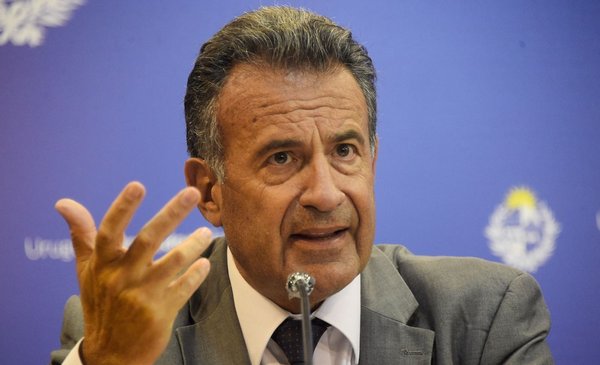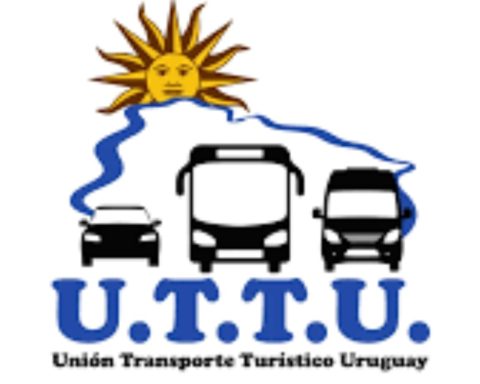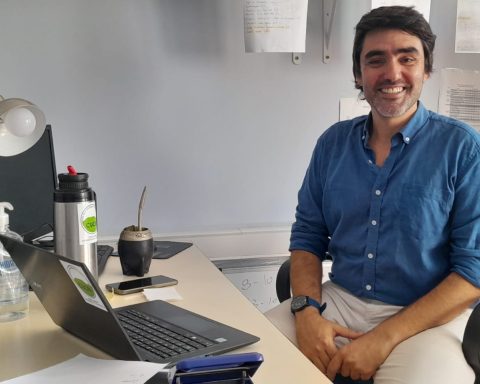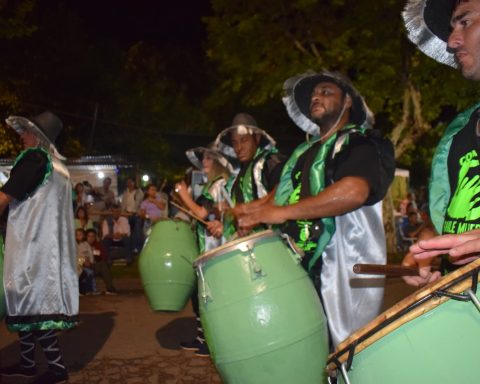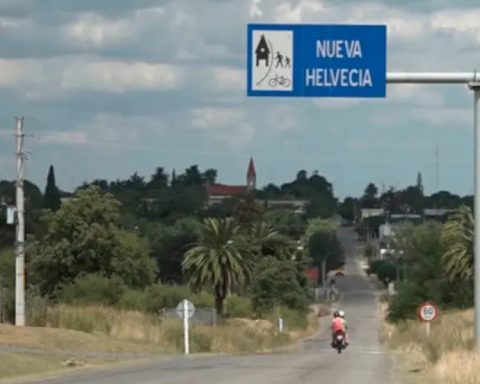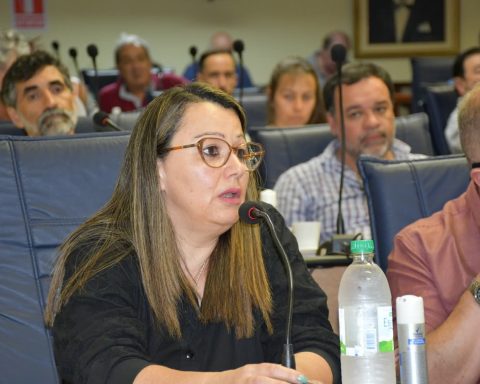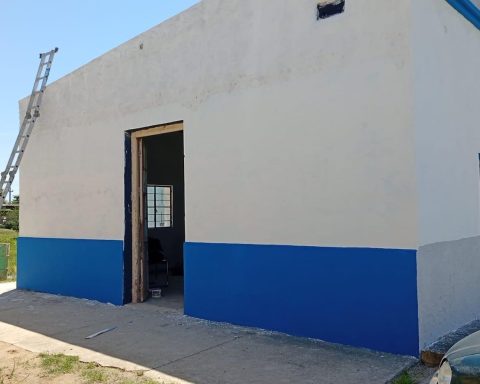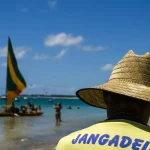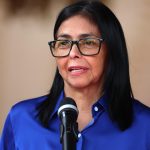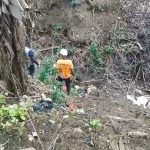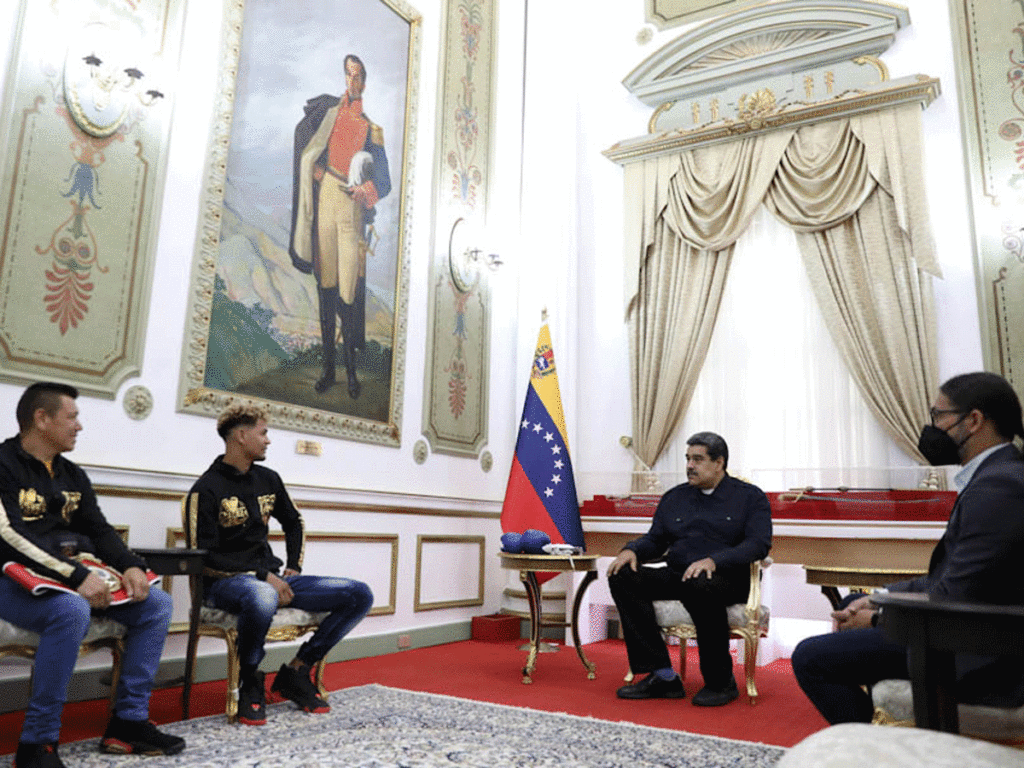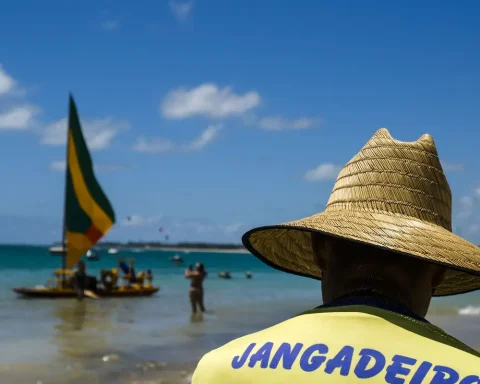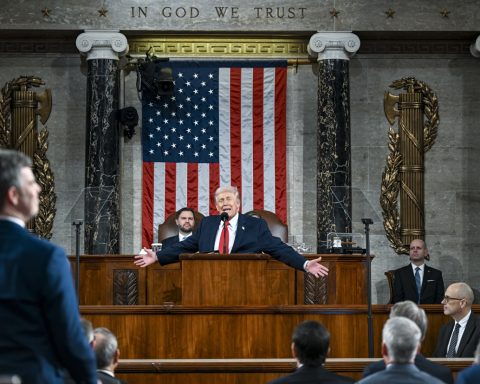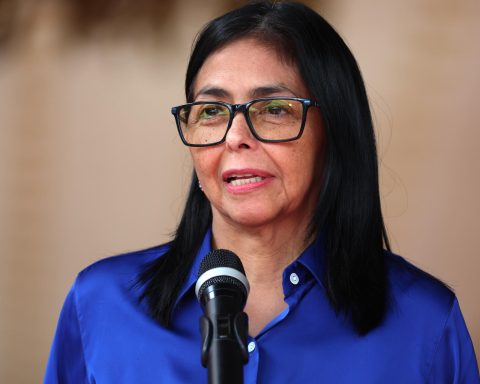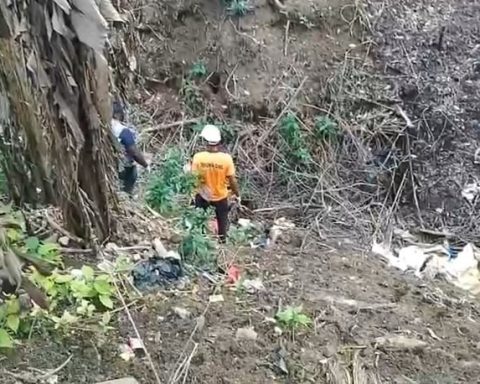The Minister of Public Health, Daniel Salinas, arrived this Thursday at Geneva to attend the World Health Assembly, which this year will once again have the pandemic as an exclusive issue. In the diplomatic city of Switzerland, a treaty has been under negotiation for months – or a modification of the current international regulation – that will contribute to better preparedness of the states in the face of this type of scenario, given the vulnerabilities and inequities that have become evident in recent years.
But beyond the matters of interest that arise at the event, such as participation in special forums on noncommunicable diseases, and a meeting with the director general of the World Health Organization, Tedros Adhanom Ghebreyesus, Salinas will take advantage of the multilateral forum to launch his campaign for the leadership of the Pan American Health Organization through bilateral meetings with the health ministers of the region.
The Uruguayan government had decided to nominate the minister within the framework of the elections that will take place in September 2022 and that will appoint the new head of the multilateral organization as of February 2023, reported The Observer in March, when the Foreign Ministry sent a communication to the diplomatic representations of Uruguay in the countries that make up PAHO urging them to present and promote Salinas’ candidacy in their respective destinations. The message highlighted Salinas’ “long career” “in the medical area, with extensive experience as a director of highly complex and dedicated health companies.”
Now the Foreign Ministry has been in charge of coordinating in Geneva a large number of meetings with the health ministers of the region to activate the traditional lobby in search of the vote. That race will continue in Washington, headquarters of PAHO, and in the capitals of the American states that will elect Carissa Etienne’s successor as head of the hemispheric organization.
Complicated landscape
Salinas has a difficult electoral scenario due to the number of applicants (there are representatives from Brazil, Mexico, Panama, Haiti and Colombia) and the number of Uruguayans who are already performing functions in positions of regional relevance, such as Luis Almagro in the Organization of American States (OAS) and Sergio Abreu in the Latin American Integration Association (Aladi).
For these reasons in the government pessimism reigns about Salinas’s chances considering the size and influence capacity of the countryin addition to the candidacy of Abreu and Carlos Mata Prates for other multilateral spaces.
Taking advantage of the visit of the Vice President of Brazil, Hamilton Mourão, Cabildo Abierto tried to generate a channel of dialogue to obtain the support of that country. However, the request came late and the Brazilian candidate will be a competitor of Salinas.
In any case, there is no candidate that, until now, appears as a favorite or has accumulated significant support, so the contest is open.
If his election materializes, Salinas would abandon his position as minister. In principle, it is not expected that he should leave office in advance to campaign and the minister has expressed his intention to continue working on his task if he is not elected, according to various government sources.
The last antecedent of a Uruguayan candidacy to PAHO was that of the former Minister of Public Health, María Julia Muñoz, during the government of José Mujica. The candidacy, presented in 2012, did not collect any support and was withdrawn before the vote.
